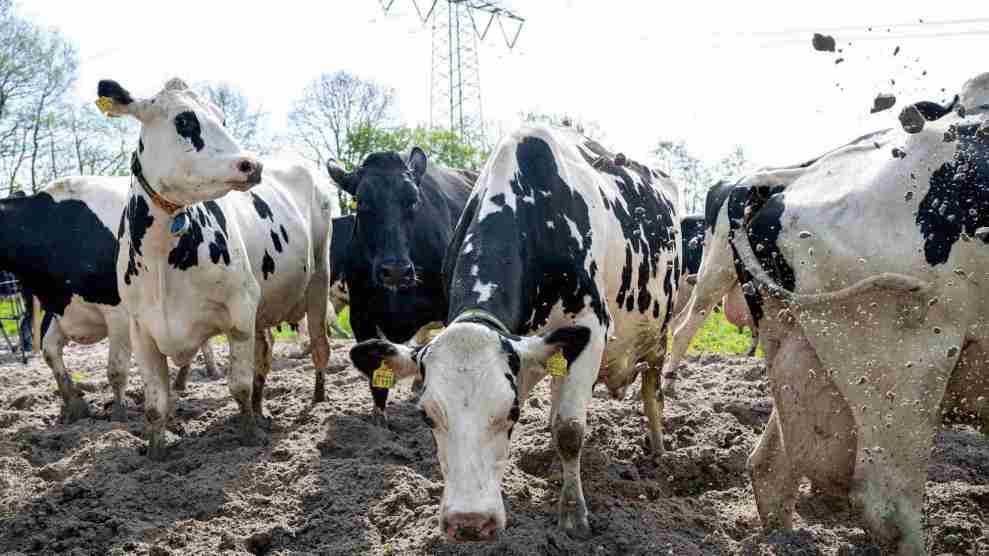No, not these miraculously fast fruiting bodies but these ones: mushrooms. That’s right. The fungi growing in the dry spruce forests of Alaska, Canada, Scandinavia and other northern regions are fighting global warming in unexpected ways. When temps rise and soils warm, fungi are not increasing the rate at which they convert soil carbon into carbon dioxide—as many feared. Instead they dry out and produce significantly less CO2.
Northern forests contain an estimated 30 percent of the Earth’s soil carbon. That’s equivalent to the amount of atmospheric carbon. Which means that mushrooms are not contributing to a vicious cycle of warming in dry boreal forests. Instead, they’re actually preventing further warming from occurring. Possibly giving us a teensy bit more time to implement responsible policies to counteract warming globally. . . Starting with responsibly electing the next president of the United States. The study, btw, appears in the journal Global Change Biology.
Julia Whitty is Mother Jones’ environmental correspondent, lecturer, and 2008 winner of the PEN USA Literary Award, the Kiriyama Prize and the John Burroughs Medal.















